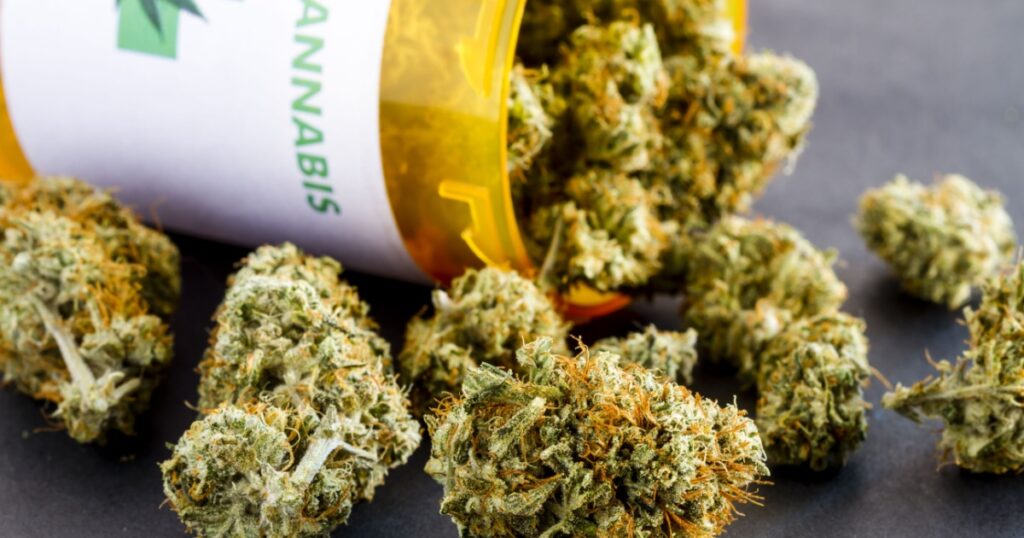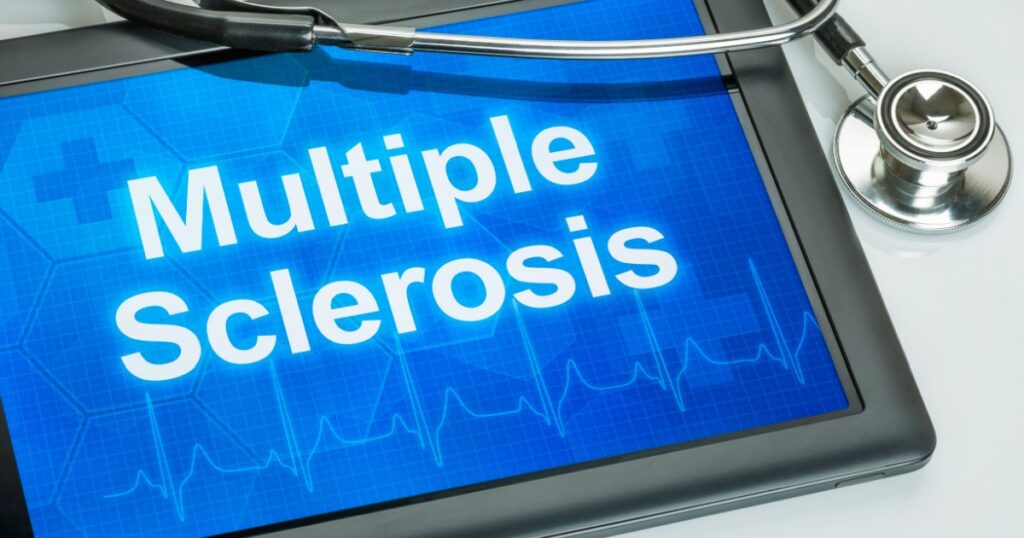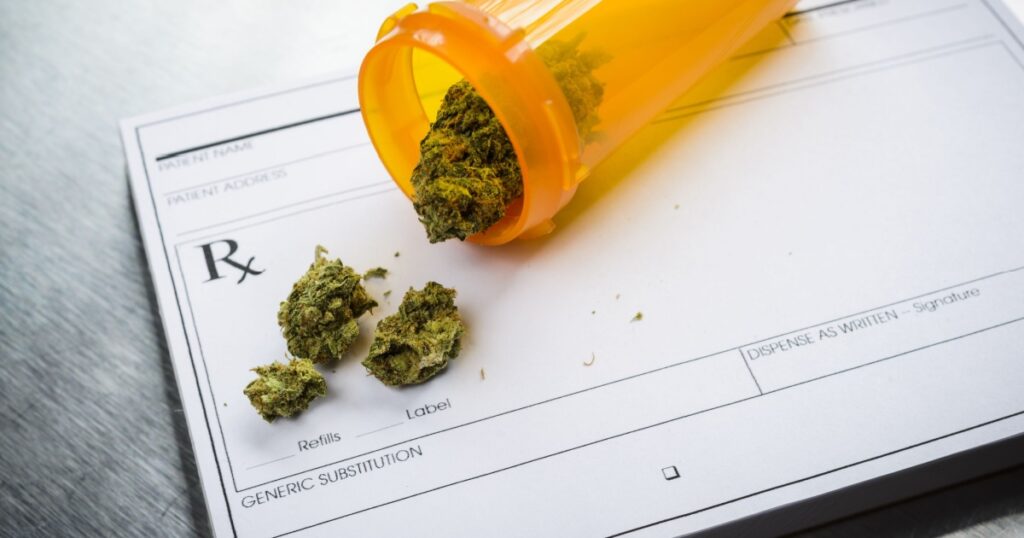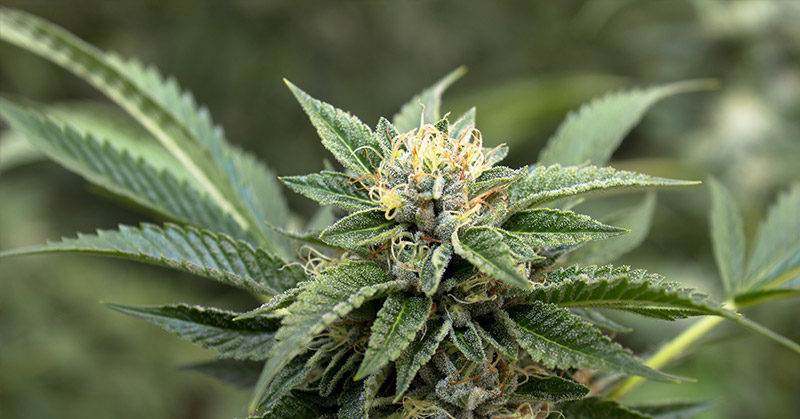According to recent research, two-thirds of Americans support the legalization of marijuana [1]. As such, many state governments have legalized the once-taboo drug for either medical or recreational purposes or both. Over the last couple of decades, medical researchers have been increasingly exploring medical marijuana uses and the drug’s efficacy for treating a wide range of health issues. Many adults are now using marijuana for dozens of health concerns, some of which are supported by research, some of which are not.
Medical Marijuana Uses

Because of government restrictions on medical marijuana studies, research on medical marijuana uses has been slow, and remains limited for a number of ailments. That being said, there is a growing body of research to support the drug’s use in a number of scenarios, and as more studies are done we will continue to gain a better understanding of how marijuana can be used to help individuals with health conditions. It is easy to find a plethora of anecdotal evidence from individuals who claim that marijuana has helped them deal with any number of health concerns, but only some of these claims are supported by research. Here are six uses of medical marijuana that are backed by scientific research:
Read More: Cannabis Might Help Curb Chronic Pain, Reducing the Need for Opioids
1. Chronic Pain

Whether you experience chronic pain as a result of arthritis, fibromyalgia, endometriosis, an old injury, or if you are frequently plagued by migraines, marijuana may provide you with some relief. Pain control is the most common use for medical marijuana in the US, and while it is not strong enough for severe pain (from a recent surgery or a broken bone, for example), it can replace the use of NSAIDs like Advil or Aleve and is safer to use than opioids for people who experience chronic pain [2]. A medical literature review that examined research from the last 65 years found several trials involving 325 patients who found marijuana to be effective for pain management [3]. A 2017 NASEM report also found that cannabis reduced pain by forty percent in individuals suffering from peripheral neuropathy (nerve pain from diabetes), spinal cord injuries, and other chronic pain problems [4].
2. Insomnia

Studies have shown that the THC (tetrahydrocannabinol) present in marijuana, which is the compound that gives you the “high” feeling, can also help you sleep [5]. A 2008 study found that marijuana strains with higher levels of THC reduce the amount of REM sleep you get, which reduces the number of dreams you have. Not only could this mean that you spend more time in a deep sleep, but for those who suffer from PTSD, it could also mean fewer nightmares [6]. It is important to remember, however, that REM sleep is important for healthy cognitive and immune function, and there have been some studies to show that regular use of marijuana over the long term can actually impair sleep [7].
3. Epilepsy

There has been some evidence in lab studies, anecdotal reports, and small clinical studies over a number of years to suggest that cannabidiol (CBD) could potentially help control seizures. Epidiolex, a plant-based CBD formulation, was approved by the FDA in 2018 for use in patients with epilepsy [8]. There have been several studies to evaluate the efficacy of this formulation at reducing seizures in patients with a variety of health issues that cause seizures, including one published in the New England Journal of Medicine which found that a regular dose of CBD along with a conventional antiepileptic regime resulted in a greater reduction in the frequency of seizures than those without the CBD [9].
Read More: Teen Wants More People to Know About a Rare Medical Condition Linked to Cannabis Use
4. Depression and Anxiety

Both depression and anxiety reduce your brain’s production of endocannabinoids, which influences how well you can process thoughts, gauge emotions, and handle pain and anxiety. Because of this, doctors may occasionally prescribe marijuana for people who are struggling with depression or anxiety. The research in this area, however, is sparse and somewhat conflicted. One 2018 study from the University of Washington found that low THC/high CBD cannabis reduced perceived symptoms of depression, but that the use of cannabis to treat depression actually exacerbated the problem over time [10]. The researchers in the study said that regular use may change the cannabinoid receptors in the brain, which can increase your vulnerability to dark moods. Ceasing use, however, can reverse this. More research needs to be done regarding the use of medical marijuana for anxiety and depression, and there are currently several studies underway in the United States.
6. Pain Associated with Multiple Sclerosis

A 2017 survey found that up to 66 percent of Americans who are suffering from multiple sclerosis may be using medical marijuana, and people with MS are the second-largest group of medical marijuana users in the US, behind chronic pain users [4]. There is a fairly substantial amount of evidence to show that oral cannabis extract (OCE) is effective at reducing the pain and muscle spasms associated with MS [11]. More research is currently being done to understand the drug’s role in treatment for MS sufferers, and there are groups working at developing a potential cannabis-based drug for the condition.
Read More: 10 Home Remedies for Joint Pain and Arthritis
6. Cancer Pain

Donald Abrams, an oncologist and professor of medicine at the University of California San Francisco, says that cannabis is highly effective at reducing cancer pain and other side effects associated with cancer treatment, including nausea, vomiting, loss of appetite, and weight loss [4]. His opinion for this use of medical cannabis is not unfounded- there have been several studies that have demonstrated the ability of cannabinoids to relieve nausea and vomiting associated with chemotherapy and radiation therapy, as well as some that show it reduces pain in some patients [12].
It is crucial to understand, however, that marijuana does not cure cancer, only eases some of its symptoms, and should not take the place of medical intervention. However, there is some evidence that CBD may be able to help some types of aggressive difficult to treat brain cancers [13,14]. “The saddest and most frustrating thing for me is to meet patients who’ve delayed coming in for six months because they heard marijuana treats cancer and they wanted to try it first,” says Abrams. “For some, it’s too late for proven treatments like surgery, chemotherapy and radiation that extend and save lives.” [4]
Risks of Marijuana Use

Research on the use of medical marijuana is still new and evolving, and it is important to remember that using the drug does come with its own set of risks. In many cases, where the benefits are still not fully understood, there is the potential that these risks could outweigh any possible reward. There are some studies to show that smoking marijuana over a long period of time could increase your risk for developing lung and other cancers.
Cannabis use could also result in the following:

- problems with memory and concentration
- sensory changes, including a lack of balance and slower reaction times
- dry mouth
- rapid heart beat
- a rise in blood pressure [12]
The Bottom Line

If you are curious about medical marijuana uses and how it can help you, speak to your doctor. He or she can guide you in the right direction, and help you to make an informed choice that is right for you.
Read More: A woman got the incurable condition ‘cobalt lung’ after vaping marijuana for just 6 months
Disclaimer: This information is not intended to be a substitute for professional medical advice, diagnosis or treatment. It is for information only. Always seek the advice of your physician or another qualified health provider with any questions about your medical condition and/or current medication. Do not disregard professional medical advice or delay seeking advice or treatment because of something you have read here.
Sources
- https://www.pewresearch.org/fact-tank/2019/11/14/americans-support-marijuana-legalization/
- https://www.health.harvard.edu/blog/medical-marijuana-2018011513085
- https://jamanetwork.com/journals/jama/article-abstract/2338266
- https://www.aarp.org/health/drugs-supplements/info-2019/cannabis-for-medical-conditions.html
- https://pubmed.ncbi.nlm.nih.gov/15118485/
- https://pubmed.ncbi.nlm.nih.gov/18313952/
- https://www.tandfonline.com/doi/full/10.1080/10550887.2015.1132986
- https://www.epilepsy.com/release/2018/6/epilepsy-foundation-statement-president-and-ceo-philip-gattone-us-food-drug
- https://www.nejm.org/doi/10.1056/NEJMoa1714631
- https://www.sciencedirect.com/science/article/pii/S0165032718303100
- https://n.neurology.org/content/82/17/1556.short
- https://www.cancer.ca/en/cancer-information/diagnosis-and-treatment/complementary-therapies/medical-cannabis-and-cannabinoids/?region=on

